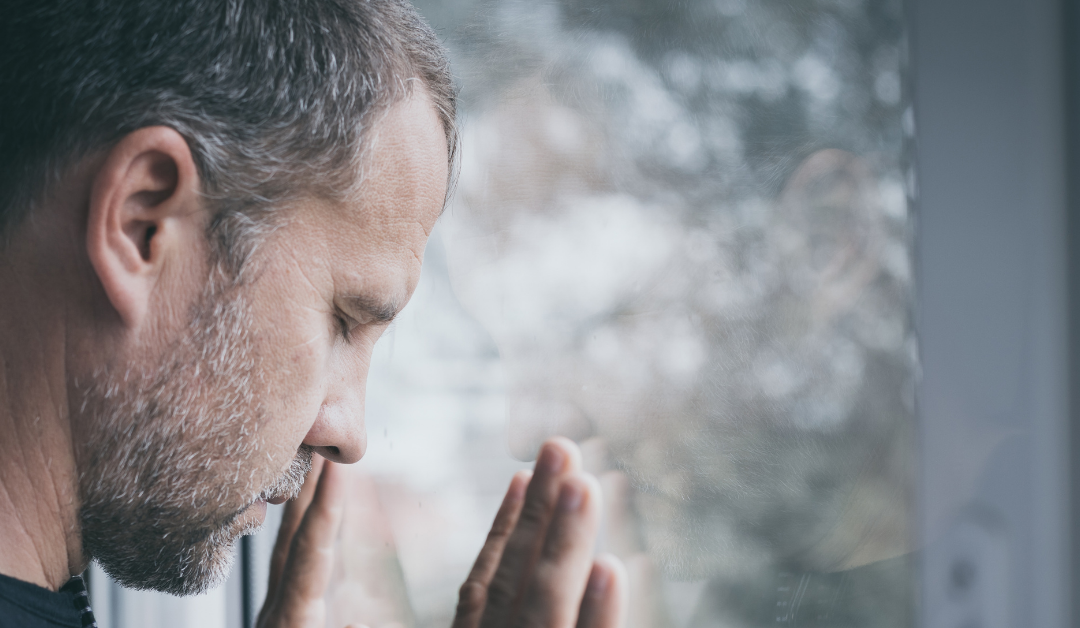Adult survivors of sexual abuse experience a range of symptoms that include dissociation, panic attacks, poor self-esteem, boundary issues and suicidal ideation. Core beliefs of shame and powerlessness are the most common for those who have experienced sexual abuse as a child, both debilitating emotions that can affect one’s choices and sense of self. The powerlessness of a child is easy to comprehend but why feelings of shame?
The core sense of shame a survivor of child abuse experiences is something not often understood and a barrier to seeking help. A significant part of shame stems from the confusion a child experiences when they feel the physical sexual sensations which are often pleasurable in spite of their intuitive knowing that something is not right.
Sexual abuse may begin with a grooming process such as hugging, hair stroking or being told that they are “special” that may feel like love to the child. When a child is then sexualised, and their body parts touched and caressed the child is no less likely to experience pleasurable physical sensations as an adult would if their private parts were touched.
My clients often report intense feelings of shame for experiencing these pleasurable bodily sensations. Their shame is in conflict with their intuitive sense that these sexual acts may not be a normal part of childhood. The secretive nature in which the act of abuse confirms for the child that something may not be right. “Our little secret” will deepen the sense of shame that information about these acts are not something a child should feel safe in sharing with anyone else.
When processing the shame associated with sexual abuse, I often get my client to consider if they jumped into an icy lake, would they feel the freezing, numbing sensations of that lake? If they considered how their body would react to being scolded by boiling water, would they feel the scorching pain? Our body and mind are connected but separate entities. Understanding that the body will often have a reaction to particular sensations that we have no control over helps to desensitise the shame for the survivor of sexual abuse.
Talking through concepts like these are helpful but the best most wholistic approach is to desensitise these beliefs altogether with the evidence based treatment EMDR (Eye Movement Desensitisation and Reprocessing) to eliminate the emotional charge of these memories.
For more info on EMDR please go to my EMDR page.
